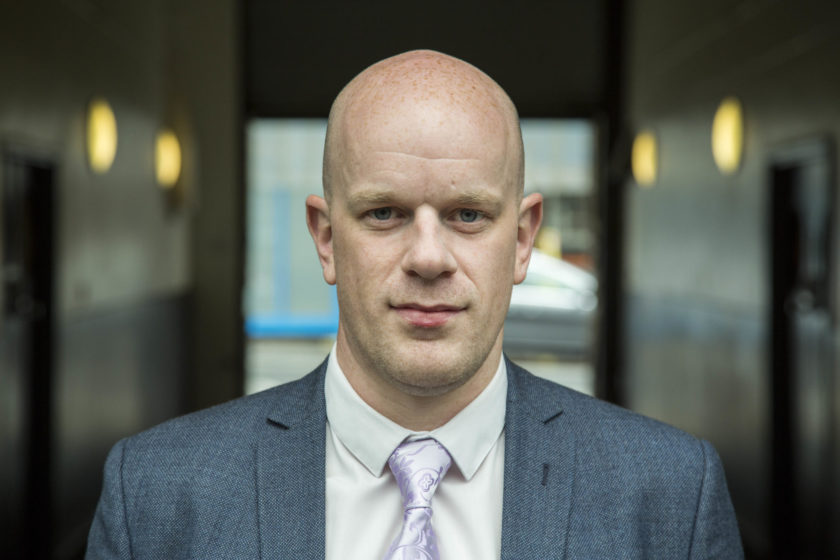When recommending critical illness to a client for family protection purposes, understanding whether a client has children or not may make a big impact on shape of the product recommended, says Adam Higgs, head of Research at protection Guru.
Children’s critical illness is often cited as one of the most common reasons for claims on family protection policies and as such sourcing the best possible cover will be important for those that have children. With many families not conforming to the traditional family model, however, understanding the specific relationship the client has to the children they want covered is particularly important as there may be cases where a child may not be eligible.
For most clients where their children are naturally born to them, their stepchildren through marriage or civil partnership or legally adopted, there will be no issues with children’s cover as all insurers class these as eligible children.
Where things become slightly more tricky is where the child does not fall into one of these typical relationships. You may have clients that have lived with their partner for a considerable amount of time without marrying or entering into a civil partnership and brought their children up as if their own. If that client wants these children to be covered under their critical illness plan they may not fall into the eligible child criteria of all insurers.
Likewise, some clients may have legal guardianship of a child, which would again fall outside of many insurers eligibility criteria. Whilst in such cases, and particularly where the child has been living with the life assured for a considerable amount of time, some insurers may still pay a claim, they would not be contractually bound to.
Currently there are four insurers that offer a broader definition of eligibility. Along with natural, step and legally adopted children, Guardian and Royal London also cover children where the life assured is a legal guardian or live in the same household. Royal London do however state that the child must be financially dependent on the life assured, however this would cover most cases particularly for younger children. Scottish Widows and Vitality also cover children where the life assured is a legal guardian.
A longer version of this article is available on Protection Guru.






























